Sitcoms are known for their quirky characters and laugh-out-loud moments, but some husbands just can’t seem to get it right. From selfish behavior to downright obnoxious antics, these TV husbands pushed the limits of patience and often left viewers wondering, “How does she put up with him?” The funny part is, despite their flaws, they somehow made it through each episode with their marriages intact (well, most of them, anyway).
These husbands weren’t just a little annoying; they were downright infuriating. Whether it was their lack of understanding, constant selfishness, or inability to do anything without making it worse, they managed to get under the skin of the audience every week. So, let’s take a look back at some of the worst sitcom husbands who had us shaking our heads in disbelief— and maybe even rooting for the wives to finally throw in the towel.
Frank Barone from “Everybody Loves Raymond”
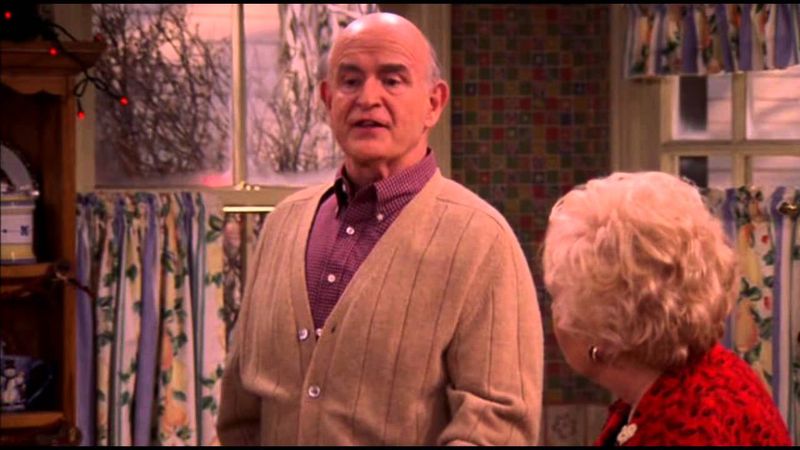
Frank Barone, the patriarch of the Barone family, is known for his gruff demeanor and tactless remarks. Often seen lounging on the couch, he frequently criticizes his wife Marie and sons Ray and Robert. His lack of empathy and constant negative attitude make him a difficult character to love.
Despite his flaws, Frank adds comedic value to the show with his outrageous antics. His stubbornness, combined with a refusal to change, often leads to conflicts within the family. Viewers are left feeling both frustrated and amused by his antics, which is perhaps what makes him such a memorable character.
Al Bundy from “Married… with Children”
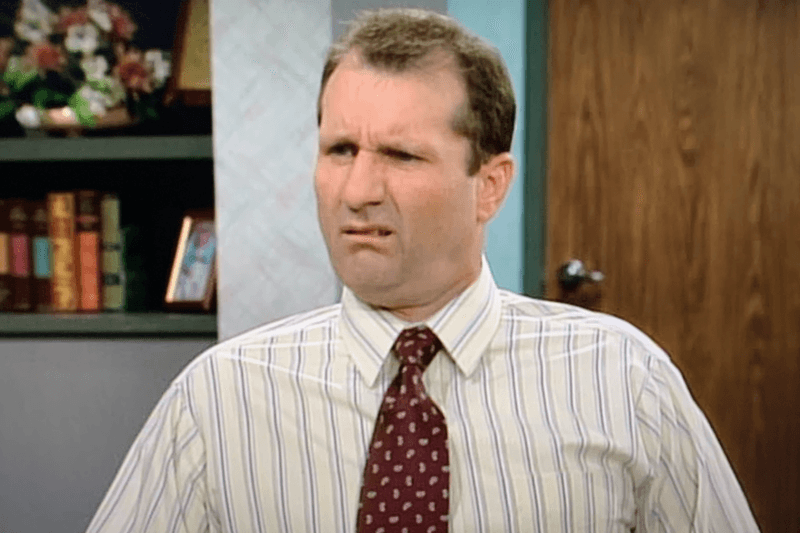
Al Bundy is the epitome of the disgruntled husband, constantly lamenting his life choices, especially his marriage and job. As a shoe salesman, he often exaggerates his past football glories to cope with his mundane existence. His humor, though cynical, sometimes highlights deeper societal issues.
Al’s interactions with his family are often dismissive, leading to countless comedic yet frustrating moments. His lack of ambition and frequent misogynistic remarks push viewers’ buttons, making him both a comic relief and a character to loathe. Despite his flaws, Al remains an iconic figure in sitcom history.
Homer Simpson from “The Simpsons”

Homer Simpson is perhaps one of the most recognized characters globally, known for his simplistic and often foolish demeanor. His poor decision-making skills and lack of foresight often land his family in absurd situations. Despite his many shortcomings, there’s an endearing quality to his bumbling nature.
While Homer consistently frustrates viewers with his antics, his love for his family is undeniable. His character often serves as a satirical take on the average American dad, mixing humor with moments of unexpected insight. Homer’s unpredictable escapades keep audiences both entertained and exasperated.
Ross Geller from “Friends”
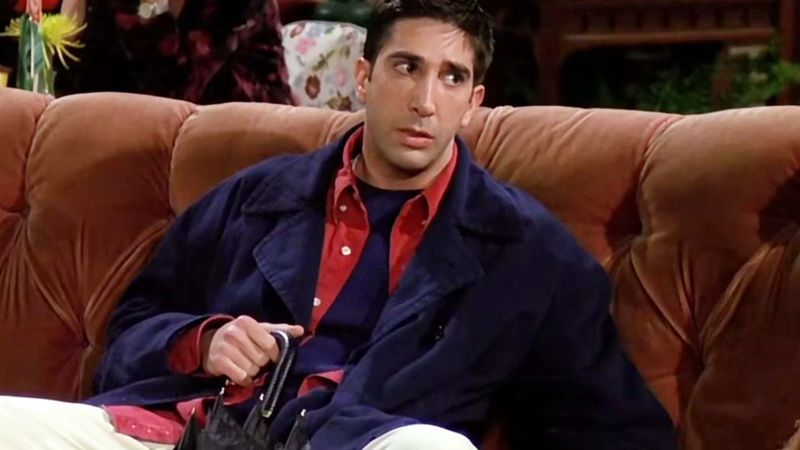
Ross Geller, with his obsessive nature and penchant for overthinking, often finds himself in awkward situations that leave viewers cringing. His on-again, off-again relationship with Rachel is a central plotline, causing frustration among fans.
Ross’s tendency to whine and his jealousy issues make situations worse, often alienating those around him. Despite his intelligence, his lack of social awareness leads to numerous comedic, yet exasperating scenarios. His character serves as a reminder that sometimes, overthinking can complicate the simplest of things. Viewers often find themselves simultaneously rooting for and against him.
George Costanza from “Seinfeld”
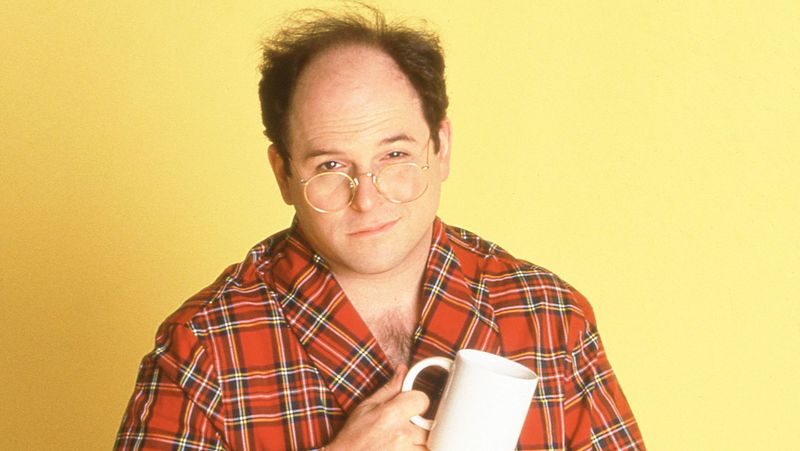
George Costanza is a master of self-sabotage, with his neurotic behavior and constant scheming. Often unemployed, he struggles with relationships, leading to many humorous, yet infuriating moments. His pessimism and lack of self-confidence contribute to his failures.
George’s friendship with Jerry, Elaine, and Kramer often highlights his flaws, making him both relatable and irritating. His overreactions and tendency to blow things out of proportion add to his charm while driving viewers up the wall. George remains a classic example of how not to handle life’s challenges, making him a memorable sitcom character.
Dan Conner from “Roseanne”
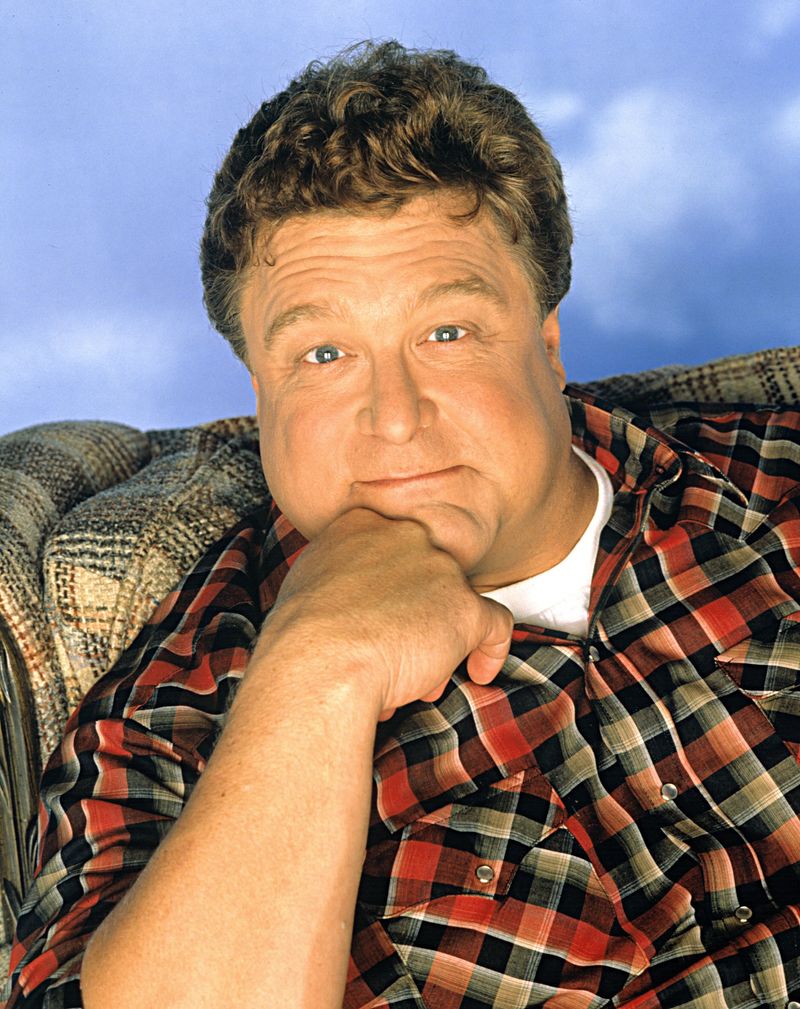
Dan Conner, despite his good intentions and love for his family, often finds himself overwhelmed by life’s challenges. His struggles with employment and finances sometimes lead to poor decision-making. While his heart is in the right place, his actions do not always follow suit.
Dan’s interactions with Roseanne often showcase his supportive nature, yet he frequently misses the mark, leaving viewers frustrated. His stubbornness and occasional insensitivity add layers to his character, making him both relatable and flawed. Despite this, his attempts to provide for his family create a poignant backdrop to his comedic missteps.
Peter Griffin from “Family Guy”

Peter Griffin is known for his outlandish behavior and lack of common sense. His impulsive decisions often put his family in bizarre and dangerous situations. While his antics are meant for comedic effect, they frequently leave viewers shaking their heads.
Despite his buffoonery, Peter’s love for his family is evident, even if his methods of expressing it are unconventional. His character serves as a parody of the clueless dad trope, mixing absurd humor with occasional moments of clarity. Peter’s escapades, while exaggerated, provide laughter and sometimes a surprising insight into family dynamics.
Doug Heffernan from “The King of Queens”
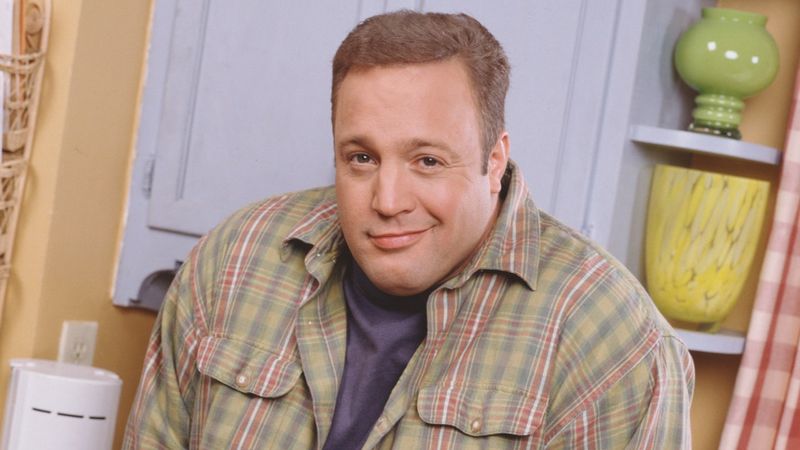
Doug Heffernan is the quintessential sitcom husband whose laziness and love for food often lead to comedic predicaments. Working as a delivery driver, he lacks ambition and is content with a simple life, much to his wife Carrie’s frustration.
Doug’s antics, driven by a desire for comfort and convenience, often land him in hot water, creating situations that amuse and annoy viewers simultaneously. His interactions with his father-in-law, Arthur, add to the chaos, showcasing his inability to handle pressure. Despite his flaws, Doug’s character remains endearing, providing a humorous portrayal of married life.
Tim Taylor from “Home Improvement”
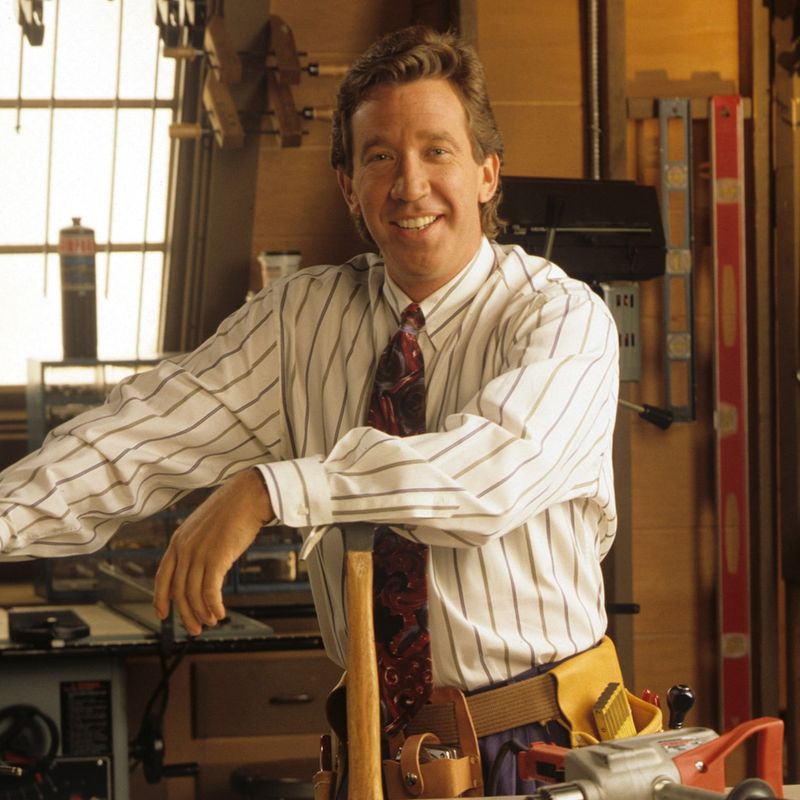
Tim Taylor is known for his love of tools and tendency to cause accidents, earning him the nickname “The Tool Man.” His enthusiasm for home improvement projects often exceeds his skills, leading to humorous disasters. Despite his overconfidence, his heart is generally in the right place.
Tim’s interactions with his family highlight his desire to be a good husband and father, though his methods are sometimes misguided. Viewers are entertained by his antics, yet frustrated by his lack of foresight. His character serves as a comedic reminder of the challenges of balancing passion with practicality.
Ted Mosby from “How I Met Your Mother”
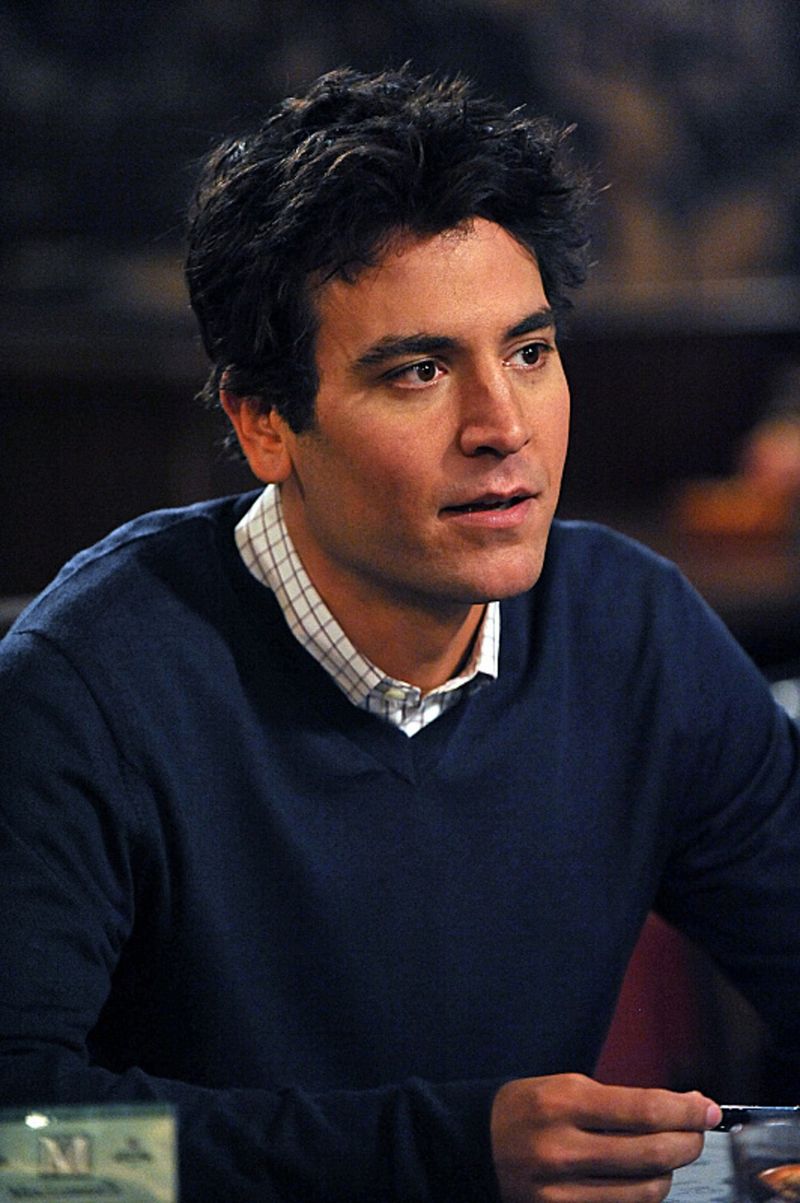
Ted Mosby, the hopeless romantic, often frustrates viewers with his relentless pursuit of “The One.” His tendency to overanalyze relationships and dive in headfirst leads to numerous heartbreaks and comedic missteps. While his intentions are sincere, they frequently backfire.
Ted’s storytelling, used as the show’s framework, provides insight into his character’s growth and setbacks. His interactions with friends highlight both his strengths and flaws, making him a beloved yet exasperating character. Viewers are drawn to his journey, rooting for his happiness despite his sometimes questionable choices.
Jim Halpert from “The Office”

Jim Halpert, known for his pranks and laid-back attitude, can sometimes come off as aloof, especially in his early relationship with Pam. His tendency to avoid confrontation and rely on sarcasm can frustrate viewers, despite his charm.
Jim’s interactions with colleagues, particularly Dwight, highlight his playful nature, but his lack of ambition occasionally draws criticism. As the series progresses, his character matures, showing a more responsible side. Viewers appreciate his growth, even if his early behavior sometimes left them exasperated. Jim’s journey reflects the complexities of balancing work and personal life.
Alan Harper from “Two and a Half Men”
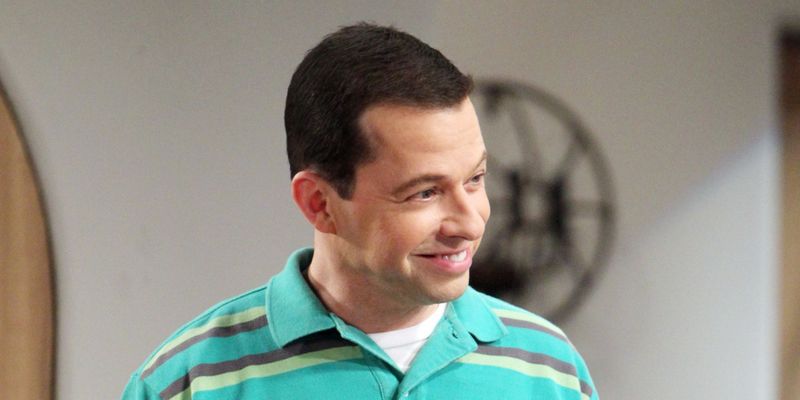
Alan Harper is often seen as a freeloading brother, relying heavily on his brother Charlie’s generosity. His inability to manage finances and constant whining annoys viewers, making him a character easy to root against.
Alan’s interactions with his son Jake and various romantic interests often highlight his insecurities and failures. Despite his shortcomings, he occasionally surprises with genuine moments of wisdom and warmth. His character serves as a foil to Charlie’s carefree lifestyle, providing a humorous yet sometimes pitiful perspective on familial dependency and personal growth.
Phil Dunphy from “Modern Family”
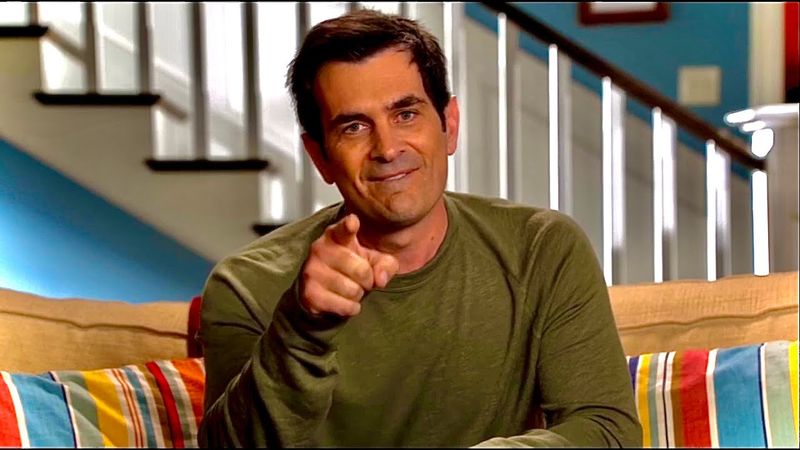
Phil Dunphy is a well-meaning but often clueless husband and father, whose attempts to connect with his family sometimes miss the mark. His enthusiastic yet misguided efforts provide comedic relief, though occasionally frustration for viewers.
Phil’s love for his kids is evident, though his antics often leave his wife Claire exasperated. His character embodies the challenges of modern parenting, from embracing technology to understanding teenage moods. Despite his flaws, Phil’s genuine heart and optimism make him a beloved character. Viewers enjoy his journey, laughing at his missteps while appreciating his sincerity.
Jerry Gergich from “Parks and Recreation”
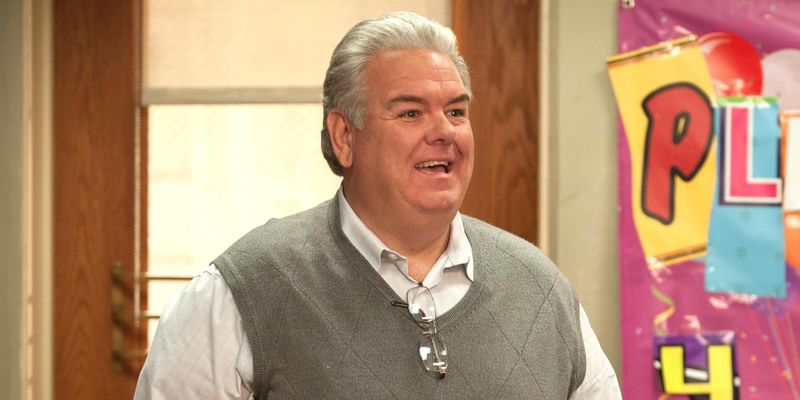
Jerry Gergich, often the butt of jokes at the Parks Department, is known for his clumsiness and awkward social skills. His frequent mishaps make him an easy target for ridicule, frustrating viewers who see his genuine nature.
Despite being underestimated, Jerry’s family life is surprisingly idyllic, showcasing a different side to his character. His resilience in the face of mockery adds depth to his persona, making him both a laughingstock and a sympathetic figure. Viewers are often torn between amusement and compassion, recognizing Jerry’s loyalty and kind-heartedness beneath his bumbling exterior.
